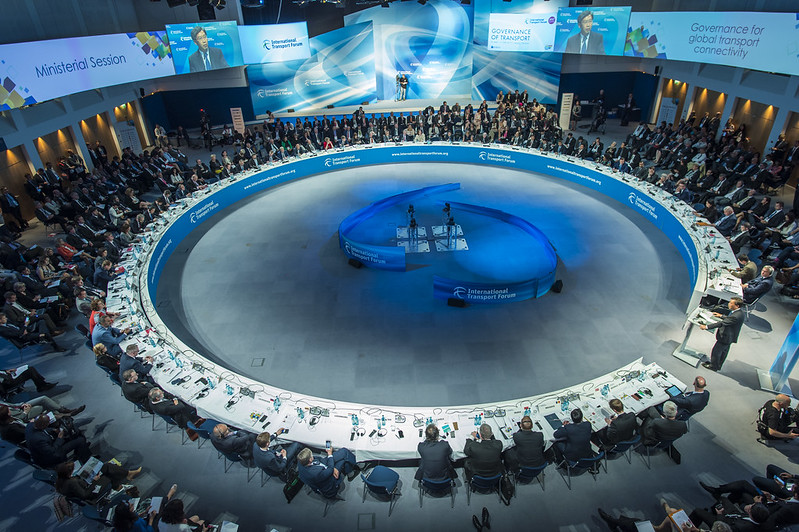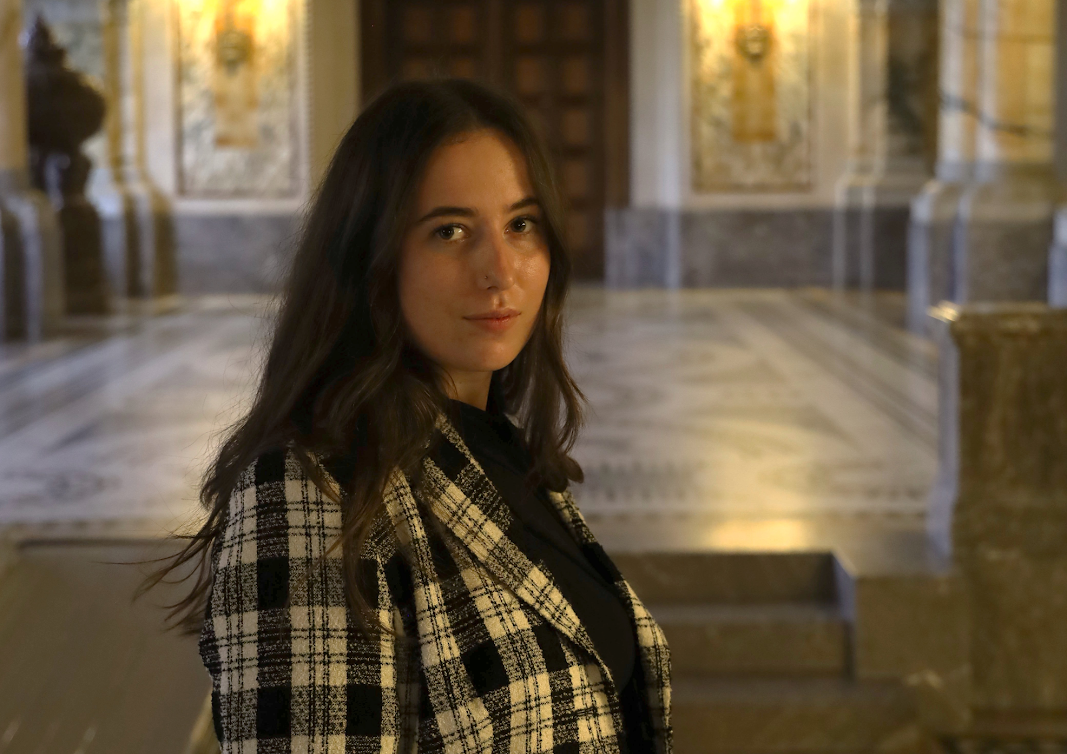Author: Ella Riise Macleod
Chief Editor: Alanna O’Malley
Dossier: Mind the gap, UN Governance in perspective
Abstract
The role of women in peacekeeping has for long been neglected in a world where women have a unique role in their local and national environments to handle and solve conflicts. Several UN organs have actively contributed to the training and inclusion of women in peacebuilding and developed reports to highlight their contributions. The UN must therefore learn from best practices both from its own organs and the historical role of women as peacebuilders in countries such as Yemen in order to develop mechanisms to ensure gender parity in peacekeeping.
Introduction
Today, women only make up 6.6% of all uniformed police, justice and corrections personnel in UN peacekeeping field missions. This is a significant shortcoming in the application of the UN Women, Peace and Security Agenda (WPS), which must be addressed for the UN to highlight the important role of women in peacebuilding and properly respond to on-going conflicts. In order to improve the efforts of the UN to implement the WPS Agenda, it is crucial to highlight best practices both within UN institutions and in ad hoc practices and assess how more efficient progress can be made in this field.
UN Youth Impact and the Women, Peace and Security Agenda
The adoption of Security Resolution 1325 in 2000 set out to reaffirm “the important role of women in the prevention and resolution of conflicts, peace negotiations, peacebuilding, peacekeeping, humanitarian response and in post-conflict reconstruction,” and stresses “the importance of their equal participation and full involvement in all efforts for the maintenance and promotion of peace and security.” UN Youth Impact is a youth-led project part of the Hague based Chair in UN Studies in Peace and Justice. In UN Youth Impact we focus on the local implementation of the Sustainable Development Goals (SDGs) and attainment of the UN 2030 Agenda with a focus on SDG 16 on Peace, Justice and Strong Institutions. Though Covid 19 has brought many new global challenges to address, we sought to use this time and space to reflect on the role of the UN by hosting the UN75 dialogues in order to shape a plan for ‘The Future we want; The UN we Need’ following the main theme of 75th anniversary of the UN. The perspective of youth is crucial to shape the agenda for the changes we want to see in the world we live in today. Through these dialogues with students and young professionals, UN Youth Impact has highlighted significant shortcomings in implementing the WPS agenda in light of its 20th anniversary.
In the UN75 dialogues, examples of the role of women in peacekeeping from a historical perspective were discussed. In these examples, it is evident that the UN has often acted to impose western standards during peacekeeping missions in Global South conflicts and neglected to take into account the important role women have played in preventing and responding to conflict in their local environments. To correct this situation, it is crucial that the UN assesses best practices of the role of women in conflict resolution in their target regions before launching an agenda for peacekeeping. A prominent example highlighted in this article is the role of women in peacekeeping in Yemen and why it is crucial to assess their role in society when launching UN peacekeeping missions.
UN and the Women, Peace and Security Agenda
Although the UN Security Council has shown shortcomings in implementing the Women, Peace and Security Agenda, it is important to highlight the great progress made by specific UN organs such as UN Women. UN Women has played a crucial role in highlighting the unique role of women in peacebuilding through findings such as the fact that women are “more often found engaging with their families and communities to resolve conflicts and prevent further bloodshed and violence.” (see: ‘Women in Conflict Resolution and Peacebuilding in Yemen’) UN Women’s reporting strategies have also highlighted the role of women in utilising customary law and tradition to promote peacebuilding in tribal governance structures and using these to advocate for the inclusion of women in peacebuilding in on-going conflicts. Most importantly, UN Women has worked actively to promote women’s empowerment, protection and training in conflict-related matters while highlighting the disproportionate effect crisis has on women and girls. In regard to action on the WPS agenda, UN Women have made great efforts in supporting women to attend peace negotiations, such as through their peacebuilding programmes for women in Yemen.
Yemen: Women as Mediators for Peace
The conflict in Yemen, labelled as the world’s worst humanitarian crisis, has long been on the agenda for the Security Council of the UN and in most of the peace negotiations, however we have seen great shortcomings in the inclusion of women present during the UN-sponsored peace negotiations. Women have both historically and to the present day played an important role in peacebuilding efforts in Yemeni local environments as community mediators and their role in supporting the peace process in Yemen is therefore crucial. So too has their role in politics been essential for ensuring the implementation of human rights in national legal frameworks as showcased by the work of Yemini women in national dialogues, which resulted in legislative reform with a new quota of 30% women in all government structures and recommendations for legislative reform of the legal age of marriage and criminalization of violence against women. (see: UN Women Global Study on implementation of resolution 1325, page 52-53) Though the main parties to the Yemen conflict have shown resistance to including women in the discussions, the Office of the Special Envoy of the Secretary-General for Yemen (OSESGY) gathered 45 Yemeni women leaders in Cyprus for a peacebuilding workshop hosted by UN Women. In this workshop, the women could voice their call for peace, humanitarian assistance and the inclusion of women in peace negotiations to be presented before the Security Council to highlight the role of women as peacebuilders in Yemen. With the support of the OSESGY and UN Women, similar dialogues and discussion forums for Yemini women were also held to ensure the inclusion of women in informal peace talks in situations where the parties had blocked their permission to participate in official peace negotiations. Unfortunately, the trained women were not allowed to participate in the official UN-sponsored peace talks, and it is therefore important that the UN improves its efforts in order to build on the work of UN Women and OSESGY to ensure gender parity, not just in the peace processes, but also in official UN-sponsored peace negotiations.
The Future of Peacekeeping: What can the UN do to Learn from the Global South in Implementing the Women, Peace and Security Agenda?
By looking at the example of the crucial role of women in peacebuilding in Yemen, it is clear that the UN must improve its use of best practices from their own organs such as OSESGY and UN Women in order to increase women’s participation in peacebuilding. The focus of the UN should therefore be to adopt measures to ensure gender parity in national militaries and their peacekeeping deployments, ensure that women are represented in all UN-led and supported peace negotiations, further the research and reporting on the unique role of women in existing peacekeeping and peacebuilding initiatives and provide peacebuilding training programmes for women in conflict zones. However, one of the main obstacles to the inclusion of women in UN-sponsored peacekeeping negotiations seems to be the unwillingness of relevant member states to cooperate with the implementation of the WPS agenda when participating in peace negotiations. Ensuring that women are represented in UN-led and supported peace negotiations will therefore require the UN to take a more active role and put more pressure on the relevant stakeholders in the peace process. If necessary, it would be interesting to explore how a potential Security Council Resolution could affect the process by initiating gender parity quotas for UN-sponsored peace negotiations. The question, however, remains if such measures would impact the parties’ willingness to cooperate and participate in UN-sponsored and led peace negotiations.

About the author
Ella Riise MacLeod is a Norwegian third-year student in the International and European Law programme at The Hague University of Applied Sciences (THUAS) specializing in Public International Law, Conflict Studies and Alternative Dispute Resolution. She is a passionate advocate for human rights and is currently chairing as Co-President of The Hague based UN Youth Impact initiative as part of the Chair in UN Studies in Peace and Justice. Ella is working for the Trust MEdiators Project researching the role of trust-building in intercultural mediation scenarios as a student assistant for the Global Governance Centre for Expertise at THUAS.
